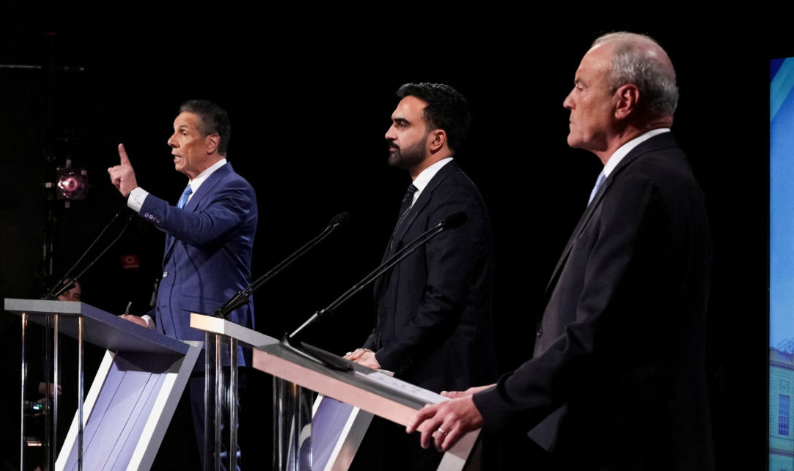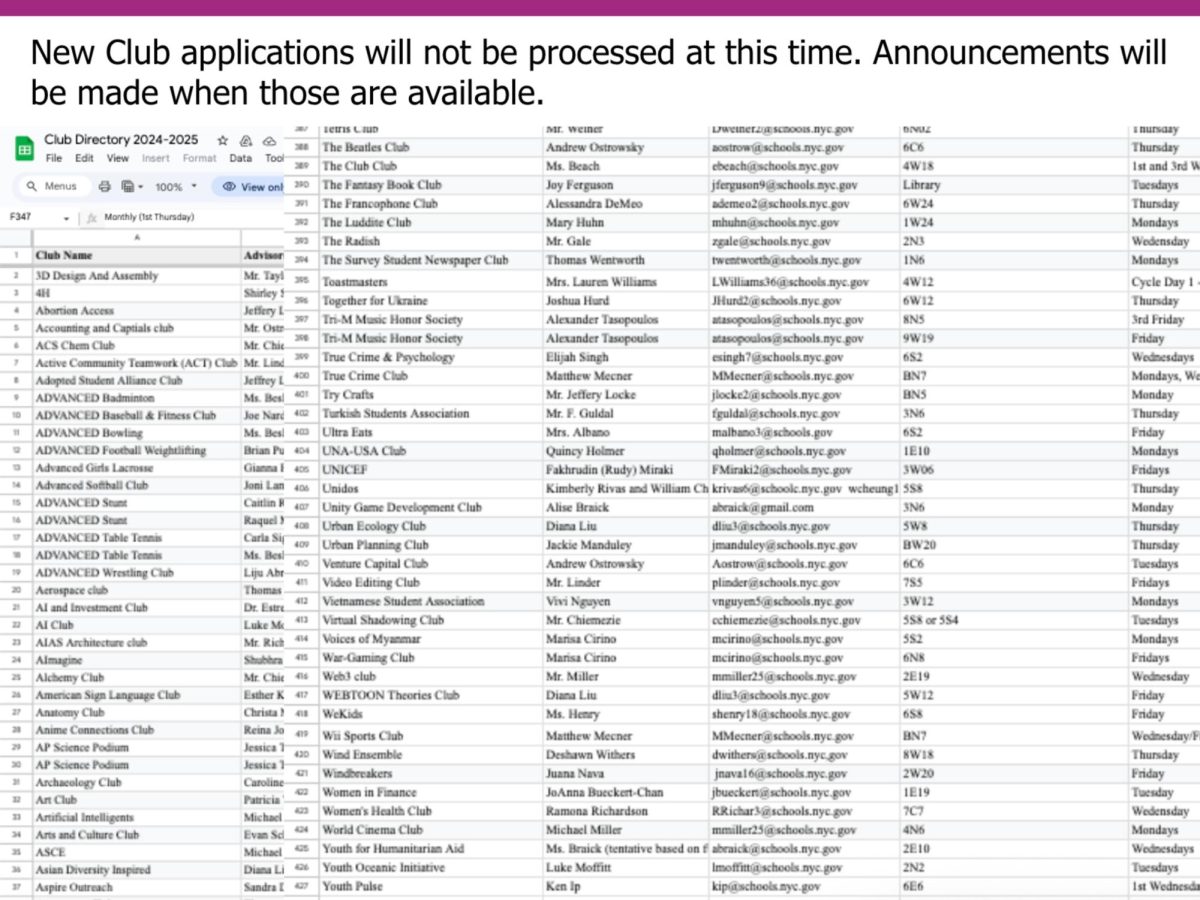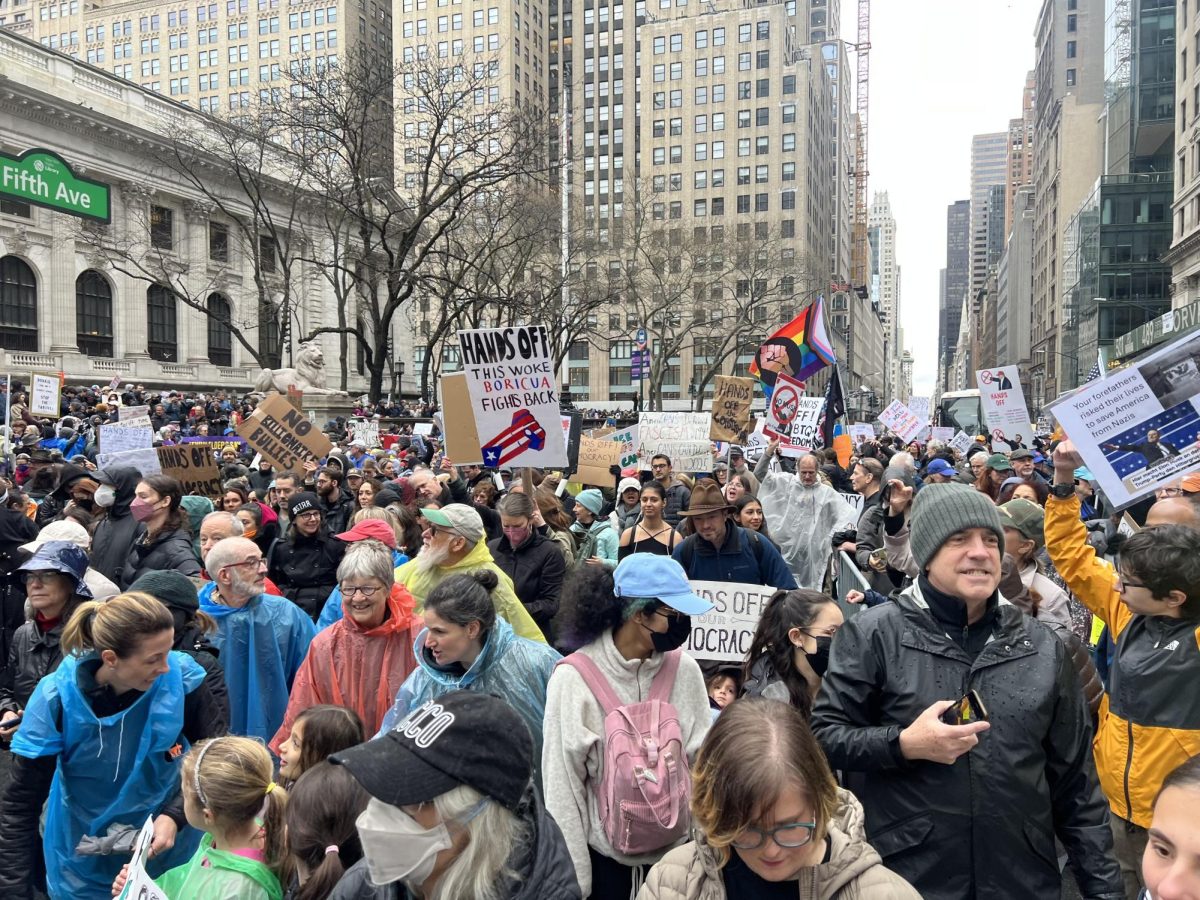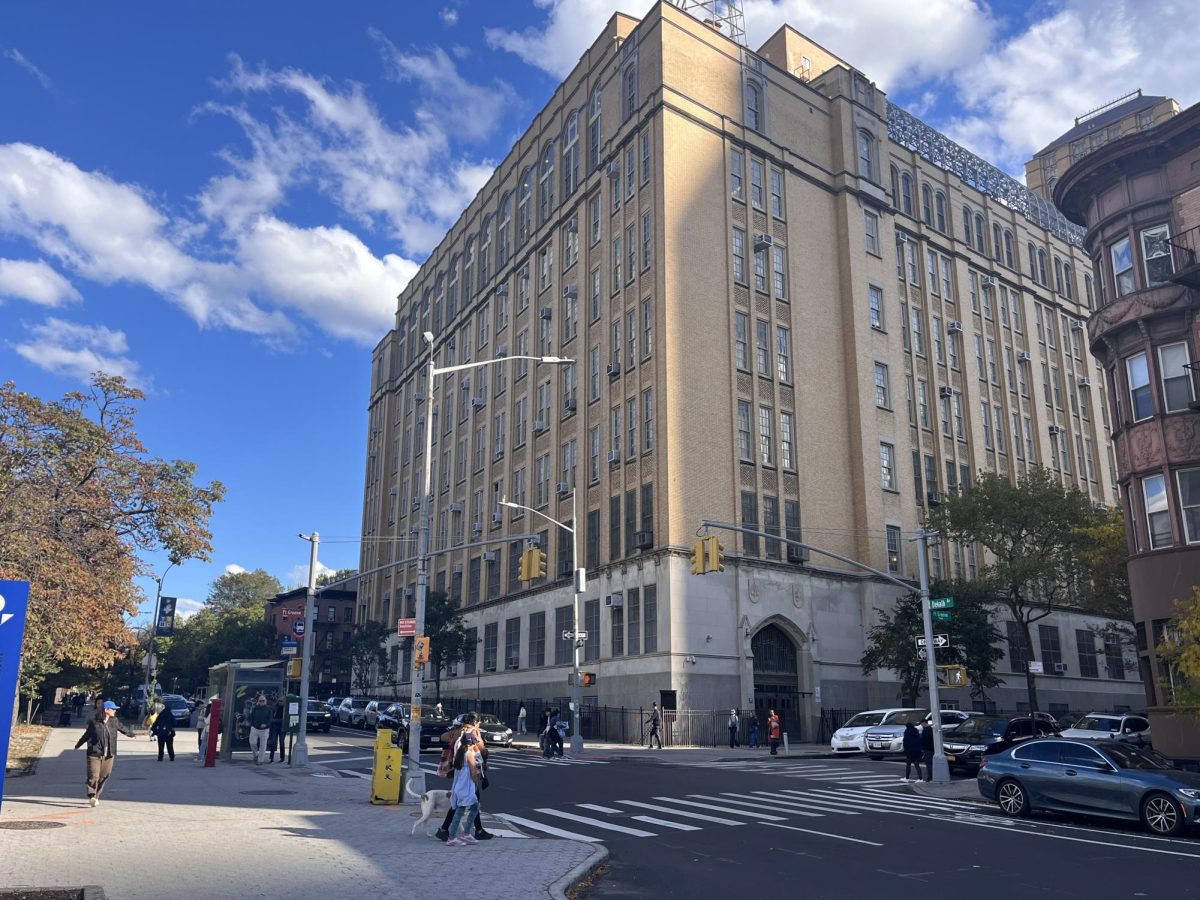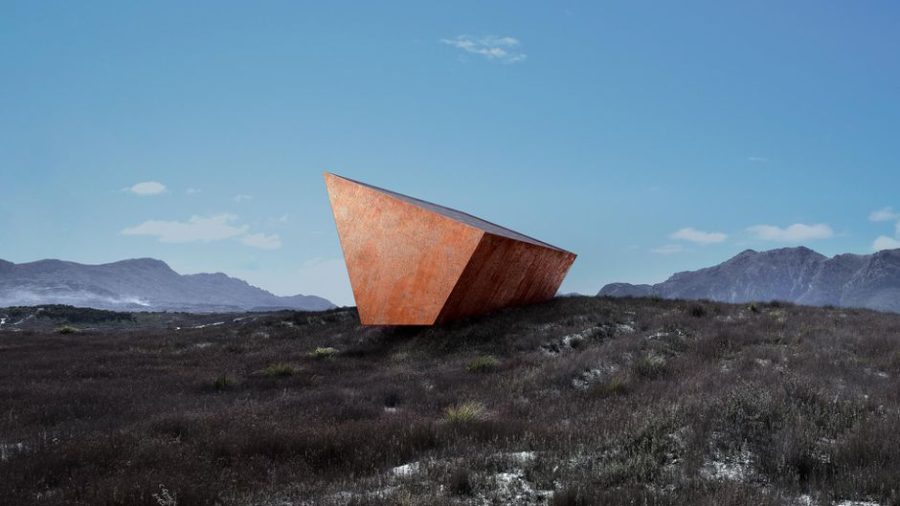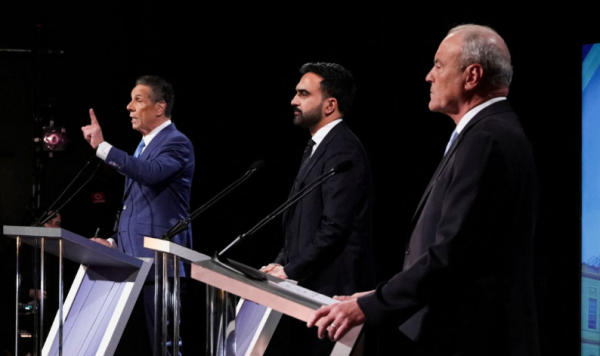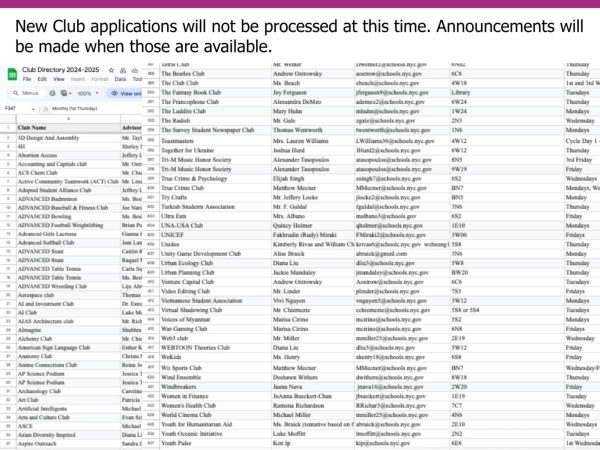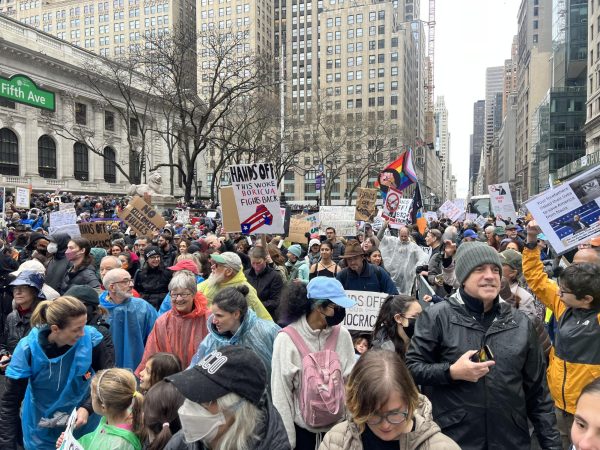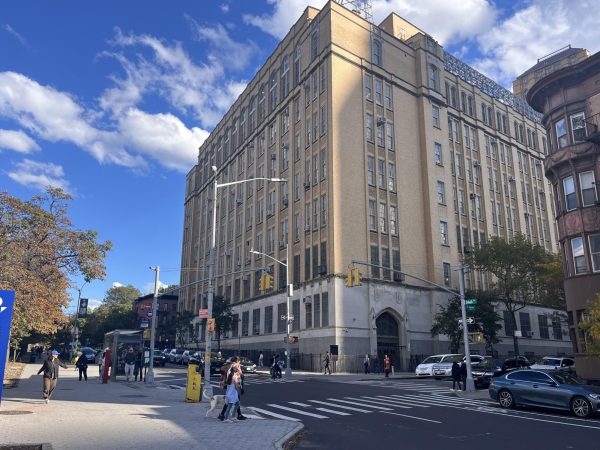The Preservation of Human Civilization
Scientists Jonathan Kneebone, co-founder of the artistic collective The Glue Society, and Jim Curtis, from Clemenger BBDO, are collaborating with the University of Tasmania on a project identifying climate change as the reason for humanity’s extinction. They have started a mission called the Earth’s Black Box, which intends to record information about climate change, in order for future civilizations to understand the reason for humanity’s extinction.
This project began its recording process in November 2021, with the construction of the Black Box itself to begin around the middle of 2022.
The box will be a 10x4x3 meter monolith made out of 7.5 centimeter-thick steel, cantilevered off granite. It will be located on Tasmania’s west coast and will include mass storage drives with internet connection, all powered by solar panels on the roof, with batteries as backup power storage. Scientists have also estimated that the box’s capacity will be enough to store data for 30 to 50 years with the help of an algorithm designed to download scientific data and copy climate-change related materials from the Internet.
Some may wonder how new civilizations will even be able to interact with the black box since it is unknown how technology will advance in the future. Scientists are relying on the assumption that whoever or whatever finds the blackbox will have enough intelligence to successfully open it.
Mr. Paugh from the Tech Physics Department discussed the feasibility of the plan, “The analogy they make to having a black box from a plane crash seems to be an interesting justification for its construction. I think the big difference is that when a plane crashes, whoever finds the black box can access and interpret the information because they’re familiar with its purpose and know how to gain and understand the information stored inside. Assuming that whoever or whatever finds it in the future can figure out what it is, how to access the information, and then how to interpret the information, then I would say it’s a good idea.”
Scientists are considering other methods of increasing the box’s effectiveness, investigating “steel plates” for increased storage. This method enables an efficient use for how each tier of storage is used, making it possible to store data for hundreds, or even thousands of years. Researchers are also thinking about the possibility of including an electronic reader that stays within the box. It will be activated upon exposure to sunlight, “reactivating the box if it has entered a long-term dormant state as a result of catastrophe.”
The black box also serves as an interactive structure for learning and political influence. There are plans for a digital platform where people can connect with the black box wirelessly if they visit the site. Additionally, scientists have hoped that recording the actions of politicians and business leaders may positively influence them to make the right decisions on climate change. They wanted the box to be “something in the back of everyone’s mind.”
As Brooklyn Tech students, the aim of recording information regarding climate change is a familiar phenomenon. Based on the survey, more than 75% of the respondents chose 8 or above when asked: “How severe do you believe the climate crisis is on a scale of 1-10?”
When asked: “If scientists are storing information about humans in a box in case one day we go extinct, and whoever finds it can learn about what happened, what do you think they should record?” roughly 70% of respondents have chosen the two choices: “Scientific reports regarding climate change (the degree of temperature heating, the millimeters in sea level rising, the amount of glaciers melting every year, etc.)” and “different cultures and groups of people living on the Earth,” demonstrating that the connection between humanity and the natural environment are on top of students’ minds.
Students were also asked about their hopes for humanity in slowing down the effects of climate change. About half of the responses demonstrated some skepticism, as 47.8% chose “Maybe.” However, 40.3% chose “Yes,” with only 11.9% responding “No.” Tehana Savory (‘25) remarked, “We can maybe stop climate change if we stop bombing the earth–going to war and bombing each other, creating large gasous clouds that are detrimental to the ozone layer–and stop emitting gases harmful to the environment from big factories all over the world.” Vola Finn (‘25) noted, “Slowing climate change may still be possible, but it is impossible if humans don’t put aside their egos and differences. We all need to work together to slow climate change.”
To summarize the various opinions of Tech students, Xing Ying Chen (‘22) gave her idea, “Although each of us is too small to make a huge difference to climate change, it is important for humans to come together and truly understand the severity of this pressing global issue. With this black box, humans are definitely going to care more about their actions. It’s like a sword hanging on your head reminding you of everything you have done wrong. And it’s true that we humans have done many wrong things in worsening the climate change situation. We can only try our best to make up what we did.”

